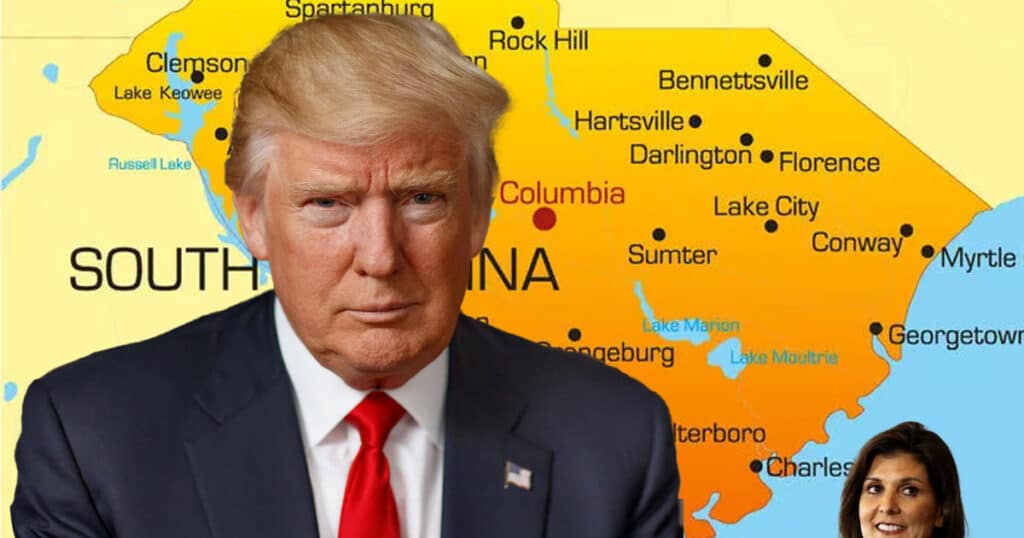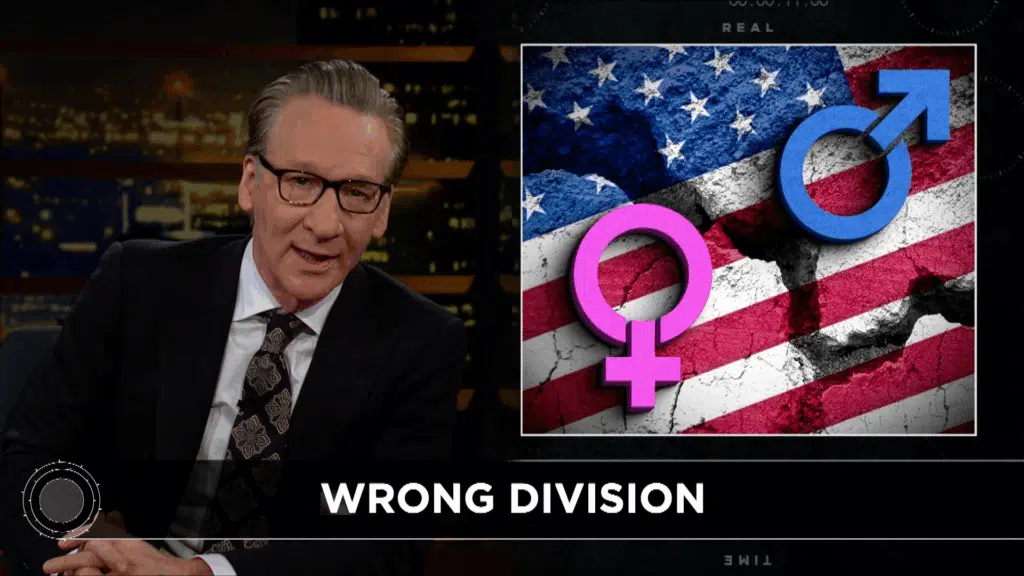
Trump Easily Defeats Haley in South Carolina
In the afternoon, at the grassroots Conservative Political Action Conference, Donald Trump called himself a “political dissident,” but by the evening, in South Carolina, surrounded by that state’s powerbrokers, the former president spoke openly of his ongoing efforts to rebuild the party’s national apparatus in his image.
He is now three for three in the 2024 Republican presidential primary season. Following decisive wins in Iowa and New Hampshire, Trump again cruised easily to victory. He said Saturday night that he had “never seen the Republican Party so unified as it is right now.” He never mentioned by name, during either speech, his last remaining political opponent.
The former president — who at once leads both a populist movement and the GOP establishment — defeated Nikki Haley by double digits. A cable news panel on the network Trump hates most, CNN, called it “the greatest political comeback in history.”
The side-by-side on Saturday illustrates just how dominant a juggernaut Trump has become as he pursues a third Republican presidential nomination.
Unlike New Hampshire, when Haley spoke before Trump after the primary, he beat her to the microphone. “This is really something,” Trump said at a rally in the state capital of Columbia. “This was a little sooner than we anticipated.” After basking in his victory, and detailing his aforementioned plan to remake the Republican National Committee, Trump spent most of his time thanking the South Carolina politicians on stage with him.
Sen. Lindsey Graham was his fixer, Trump said, the man he calls “when I’m in trouble on the left.” The crowd booed the state’s senior senator anyway. Sen. Tim Scott, meanwhile, was “a dynamo,” who had worked the state from one side to the other. “We just hit maximum velocity,” Gov. Henry McMaster crowed, likening the Trump campaign to a rocket ship. “We are going all the way!”
Along with a slew of other senior officials from South Carolina, all of them except Scott (who was running himself) endorsed Trump months ago. Most of them had even traveled north to New Hampshire to stump for him there.
The third Trump campaign apparatus, led by top aides Chris LaCivita and Susie Wiles, bears little resemblance to its insurgent predecessor from eight years ago. There are fewer leaks, more seasoned operatives, and most of all, meticulous and methodical plans to get out the vote. They courted elected officials from South Carolina early and often, and those earned endorsements helped defeat Haley in her home state.
The candidate, however, has not changed. Playing to a crowd of MAGA faithful at CPAC, Trump all but abandoned his prepared remarks and instead made jokes, told old stories about his time in office, delivered a mocking impression of President Biden’s many gaffes. “By the way, isn’t this better than reading off a teleprompter?” he asked halfway through. “Anybody can read off a teleprompter.”
Once a policy conference, the annual convention has become Trump’s most reliable fan club. Attendance was noticeably sparser than in years past. Official sponsors, like the comparatively austere Heritage Foundation, have been replaced by fringe organizations, like the conspiracy-minded John Birch Society. Fox News, meanwhile, gave way to the cable upstart Newsmax. There was a Jan. 6-themed pinball machine in the exhibit hall, and across the way from a display by the Museum of the Bible, a booth for “the Vibra Plate.” Among other health benefits, a salesman was overheard telling an elderly woman, the jiggling contraption “improves sexual function.”
The whole thing felt like a carnival, and Trump certainly felt at home. He let loose, telling his most loyal fans that they were “living in hell right now” and that Biden “is a threat to democracy.”
When the former president did return to his speech, he offered a new definition of the “vengeance” that he had vowed the year prior to deliver. “Your liberty will be our ultimate reward, and the unprecedented success of the United States of America will be my ultimate and absolute revenge,” he told an at-capacity crowd. “That’s what I want. Success will be our revenge.”
His campaign remains disciplined. The candidate has not changed. Why should it? The strategy of “letting Trump be Trump” produced victories in the first three primary contests. But Haley will not concede, and as she spoke Saturday evening, her super PAC dropped another half million dollars on advertising in Michigan.
Haley congratulated Trump on his victory then promptly said she didn’t think he could beat Biden. The nomination, she said after a loss in her home state, wasn’t a sure thing for him either.
“I’m an accountant. I know 40% is not 50%,” she said as the final results were still being tabulated. “But I also know 40% is not some tiny group: There are huge numbers of voters in our Republican primaries who are saying they want an alternative.”
Bipartisan in her attacks, the former South Carolina governor and U.S. ambassador to the United Nations argued that neither the 77-year-old Trump nor the 81-year-old Biden can effectively lead the country.
“Does anyone seriously think Joe Biden or Donald Trump will unite our country to solve our problems,” she asked. “One of them calls his fellow Americans fascists. The other calls his fellow Americans vermin. They aren’t fighting for our country’s future. They’re demanding we fight each other.”
She vowed, even in defeat, “Today is not the end of our story,” promising that her campaign would continue to Michigan and then onto Super Tuesday. “We’ll keep fighting for America,” she concluded, “and we won’t rest until America wins.”
Victory for Haley, however, requires doing what no other Republican has managed: Defeating a populist beloved by the base and overcoming an establishment candidate who all but officially enjoys the advantages of incumbency.
This article was originally published by RealClearPolitics and made available via RealClearWire.



